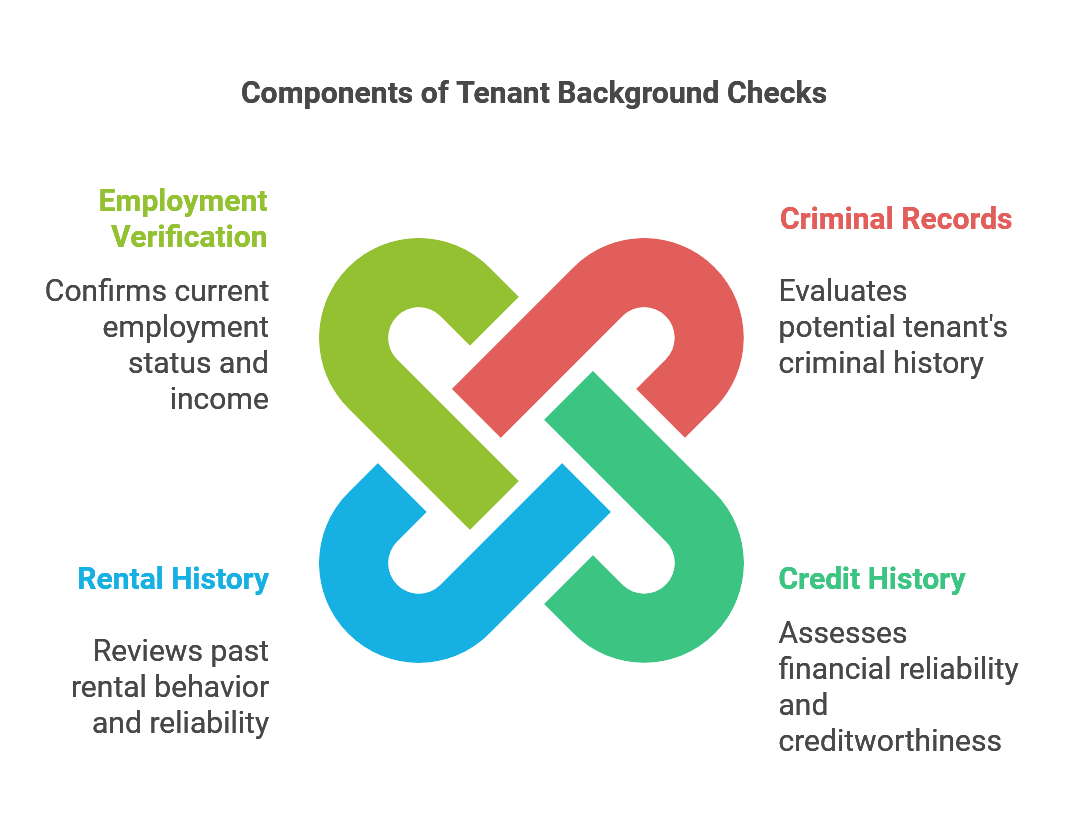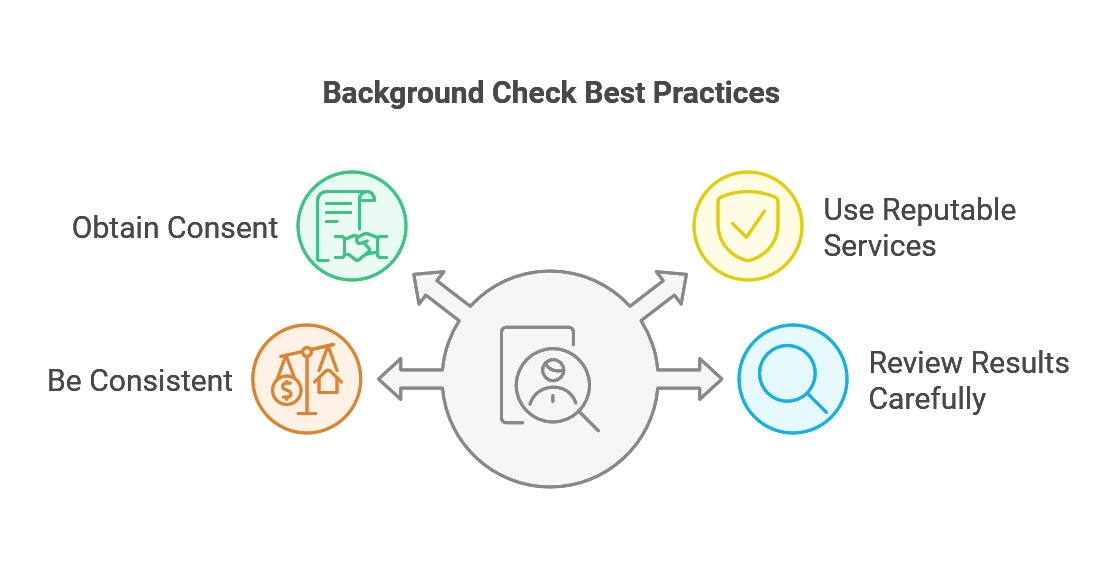Data-Driven Risk Management: The Future is Here
The era of reactive risk management waiting for a crisis to occur before formulating a response is officially over.
Read MoreFebruary 21, 2024
In the competitive landscape of rental properties, ensuring the right tenants occupy your space is crucial for maintaining a profitable and hassle-free investment. This document delves into the significance of background checks in tenant screening, highlighting their role in safeguarding property owners and fostering a positive rental experience for all parties involved.
Background checks are comprehensive evaluations of a potential tenant's history, including criminal records, credit history, rental history, and employment verification. These checks are essential tools for landlords and property managers to assess the reliability and trustworthiness of applicants.


In conclusion, background checks play an essential role in tenant screening, providing landlords with the necessary information to make informed decisions. By mitigating risks, ensuring financial responsibility, and complying with legal standards, background checks contribute to a successful rental experience. Implementing best practices in this process not only protects property owners but also promotes a fair and equitable housing market.

Security Consulting
The era of reactive risk management waiting for a crisis to occur before formulating a response is officially over.
Read More
Security Consulting
For businesses in Nigeria and across the globe, understanding and mitigating physical risks has never been more critical.
Read More
Protective Intelligence
Should ordinary citizens take up arms to defend themselves? On the surface, it seems a simple, visceral answer to a complex problem.
Read More